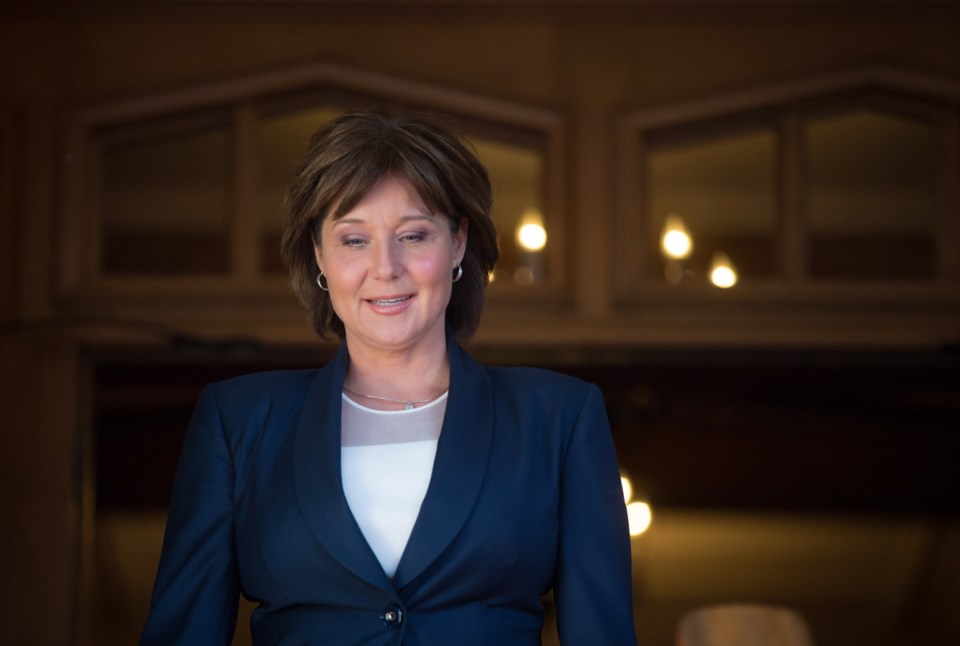Some people believe Christy Clark’s determination to stay on as leader of the B.C. Liberal Party stems from the danger of a snap election. In that eventuality, so goes the argument, her party could be left leaderless at a critical moment.
But I think we can discount this line of thought. First off, Clark doesn’t have to resign immediately. She can stay on until someone else is chosen. If an election does occur within that window, she remains leader and fights the contest.
Second, though, the chances of a snap election are small. Neither the NDP nor the Greens have any interest in letting that happen. Polls show voters are strongly opposed to another election any time soon; instead, they want to see if the NDP/Green alliance can govern effectively.
It would be a huge black eye for both parties if they fell out before giving their arrangement a chance. That means staying together until at least next February’s budget, and, more realistically, until the referendum on electoral reform, promised for October 2018.
But that’s easily time enough for the Liberals to organize a leadership convention and emerge united behind a new standard-bearer.
The real reason Clark hasn’t quit, I suspect, is that she thinks she can become premier again. If so, though, she’s facing formidable odds.
On only one occasion in our history has a premier of B.C. lost an election and gone on to win again. And that was 135 years ago. George Anthony Walkem, first elected in 1874, was defeated in 1876, then re-elected in 1882.
But since then, nothing.
Indeed, since the Second World War, only one Canadian premier has been re-elected after suffering a defeat — Quebec’s Robert Bourassa, who made a comeback in 1985 after losing to René Lévesque.
Similarly, only one prime minister during that period has come back from the dead — Pierre Trudeau, who lost to Joe Clark in 1979, and promptly returned in 1980 after Clark’s minority administration collapsed.
This latter, I suppose, would have to be Christy Clark’s model, but the circumstances are different. Joe Clark was laughably inept; B.C. NDP leader John Horgan is not.
And Horgan has an outright majority (albeit the slimmest possible) as long as the Greens stick around. Joe Clark had no such helpful bedmates.
One of the realities of governing is that parties — and party leaders — who hang on too long become trapped by their previous stances on the issues of the day. Attempting to unsay what you spent the last umpteen years saying strikes voters as hollow and disingenuous. Either you were lying then, or you’re lying now.
We saw a good example of this when Clark tried to reverse several of her party’s longstanding positions in her deathbed throne speech. No one bought it. Indeed, all she accomplished was alienating her base, who saw policies they believed in discarded by a premier grasping at straws.
There is also the harsh reality that the half-life of politicians declined sharply with the advent of the 24-hour news cycle. Gone are the days of W.A.C. Bennett, in office 20 years, Ontario’s Bill Davis, premier for 14 years, and Joey Smallwood, premier of Newfoundland for a stunning quarter-century.
Yes, Clark herself served only six years, but she represents a dynasty that has ruled since 2001.
Even the most emollient of leaders, and our ex-premier is anything but that, can’t hope to remake herself after so much water has flowed under the bridge.
It’s understandable that her caucus colleagues shrink from the deed. But if the Liberals don’t find a Brutus, green-painted eco-warriors are poised at the gates.



